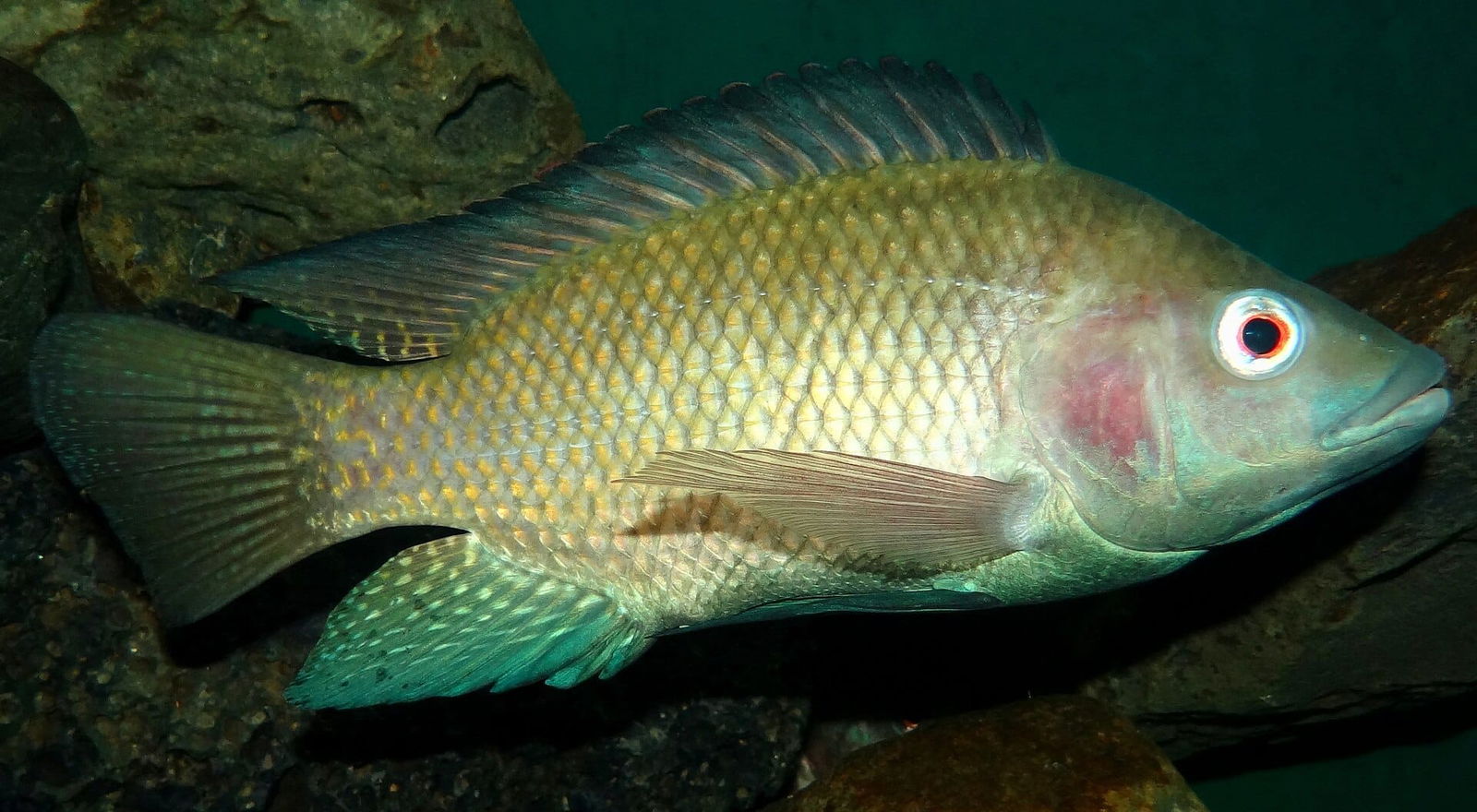Tilapia is a freshwater fish belonging to the cichlid family, native to Africa and the Middle East. Its adaptability allows it to thrive in various environments, contributing to its widespread availability. In the United States, tilapia is often chosen as a cost-effective alternative to pricier fish like salmon and tuna. Most of the tilapia consumed in the U.S. is sourced from freshwater farms.

Health Benefits of Tilapia
Incorporating tilapia into your diet offers several health advantages:
- High protein content: A 3.5-ounce serving provides approximately 23 grams of protein, essential for muscle development and tissue repair.
- Low in saturated fat: With about 3 grams of fat per serving, tilapia supports heart health and weight management.
- Rich in essential vitamins: Tilapia is a good source of vitamin B12, crucial for brain function and red blood cell production, and vitamin D, which supports bone health.

Potential Health Risks
Despite its benefits, certain aspects of tilapia farming may pose health risks:
- Farming practices: In some regions, tilapia are raised in overcrowded conditions, leading to increased disease risk. Additionally, reports indicate that in countries like China, tilapia may be fed animal feces, potentially introducing harmful bacteria such as Salmonella or E. coli.
- Low Omega-3 fatty acid levels: Compared to fish like salmon, tilapia has lower levels of omega-3 fatty acids.
To minimize potential risks:
- Seek sustainable certifications: Look for labels such as “MSC Certified” or “Friend of the Sea,” indicating the fish was sourced sustainably.
- Opt for reputable sources: Choose tilapia from countries known for responsible farming practices, such as the U.S., Ecuador, and Peru.
Tilapia can be a nutritious addition to your diet when sourced responsibly. By staying informed about its origins and selecting fish from reputable sources, you can enjoy its benefits while minimizing potential health risks.

In Waikiki Hawaii a drainage canal behind Waikiki keeps Waikiki from being a swamp. In the mountain behind peoples unfiltered leach bed sewage drain into the canal making it so polluted it isn’t safe to touch. The only thing that thrives in the water is Tilapia and an Asian crab. This why I will never eat Tilapia.